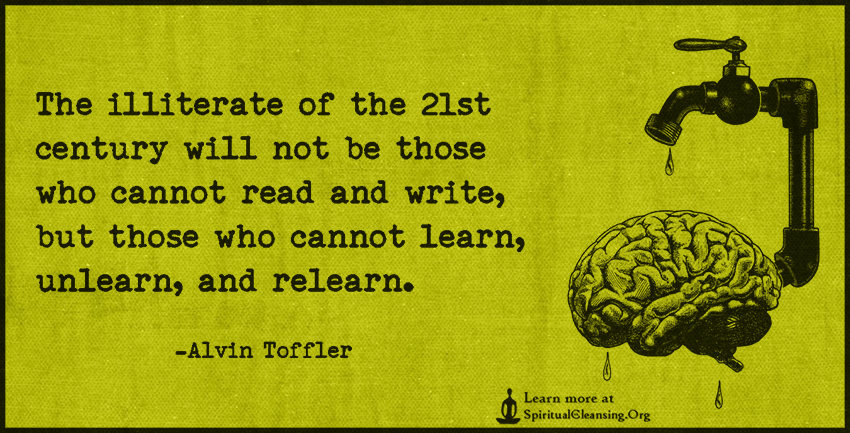 Everyone is truly angry with the South Africans on their xenophobic attacks on fellow Africans. While many governments and people condemned in unequivocal terms the unsavory development, others evacuated their citizens or relocated their loved ones to keep them from harm’s way.
Everyone is truly angry with the South Africans on their xenophobic attacks on fellow Africans. While many governments and people condemned in unequivocal terms the unsavory development, others evacuated their citizens or relocated their loved ones to keep them from harm’s way.
It was therefore not expected that the Nigerian government would be neural to such a horrible thing happening in Africa while the madness raged. The spat with South Africa in the right manner would be justified because what our brothers and sisters in Mandeland did is bad and condemnable.
It was Aristotle who said, “Anybody can become angry – that is easy, but to be angry with the right person and to the right degree and at the right time and for the right purpose, and in the right way – that is not within everybody’s power and is not easy”. The Nigerian Government, however, proved that being angry in the right way and to the right degree was beyond its ken by taking the hasty step of recalling our High Commissioner to South Africa. That step was unnecessary and we deservedly got a bloody nose!
The Yoruba say we learn how to talk or present our case, not how to quarrel. This proverb is based on the fact that at the end of every quarrel, each party will make its case and blame or punishment will be awarded based on the submissions made. Apparently, by over-reacting to the xenophobic madness, in which no Nigerian died, through recalling her High Commissioner(s), Nigeria put herself in an awkward position, making the Government to belatedly resort to some desperate damage control theatrics.
The highest level of protest in diplomacy is to recall one’s ambassador and that is done usually when a Government’s action is considered provocative or unacceptable. In this case, the South African government is as embarrassed by the recent attacks as every right-thinking South African. To “punish” the Government for what happened without its sanction, for which it was not responsible, is to hit it below the belt.
Though South Africa may be an ungrateful country, as evident in some unsavoury actions she took against our citizens in the past, which we handled brilliantly, the latest reaction was an overkill. It was like the reaction of the mob, which is often based on emotion, not on reason. We need our Government to act on reason, not on emotions, to be different from those who say they will boycott South African products. This is why the slap of South Africa was well-delivered, unfortunately, in its statement dated April 26, 2015, through carefully chosen words in a short seven-paragraph reaction.
“The South African Government takes note that the outgoing Government of the Federal Republic of Nigeria has recalled its Acting High Commissioner to South Africa. A government resorts to such an extraordinary step to express outrage at actions or behaviour of another government,” the statement begins. Apart from undermining our Government by describing it as “outgoing”, which is true, the statement also quickly teaches us some fundamentals of international relations.
Tongue-lashing the Government and by extension Nigerians further, South Africa notes that it is “only Nigeria that has taken this unfortunate and regrettable step” of recalling her ambassador, implying that even countries whose citizens were direct victims were wiser not to take such a measure, which is like killing a mosquito with a hammer.
Then a poker: “South Africa remains committed to a strong bond of friendship and bilateral relations with Nigeria. It is for this reason that when 84 of our citizens perished on Nigerian soil, we did not blame the Nigerian Government for the deaths and more than nine (9) months delay in the repatriation of the bodies of our fallen compatriots, or for the fact that when these bodies eventually returned, they were in a state that they could not be touched or viewed as required by our burial practice.” The statement then added that the South African Government has no business really with our current Government: “We will raise our concerns through diplomatic channels with the new administration that will assume office in Nigeria next month.”
The statement noted further that South Africa is encouraged by the solidarity received from “other” African countries (that is, excluding Nigeria) and the international community. Then, it ended with a taunt: “We shall also continue to support and not blame the Nigerian Government as it battles to deal with Boko Haram that continues to kill many innocent civilians. We hope that the more than 200 girls kidnapped by Boko Haram will someday be reunited with their families.”
I felt so bad and hurt by the South African statement but what can one do? It is the Nigerian Government, in its usual goofs, that “tanna woro” (used light to seek insult out in the dark). For the diplomatic faux pas, what the Government can only mutter after the slap is to equivocate and attempt to deny reality (we did not recall the ambassador o; we only invited the Nigeria’s Charge d’Affaires to South Africa for consultation) and to suspend the vulnerable Permanent Secretary of the Ministry of Foreign Affairs, Ambassador Danjuma Sheni (talk of medicine after death) and leave the Ministers in charge alone.
One thing is certain. South Africa looks forward to relating with the next Government and President Jacob Zuma has indicated that he will be attending the inauguration of General Muhammadu Buhari at the end of this month. It appears that the international community also looks forward to having CHANGE in our shoddy way of doing things.
HABA! WHY SACK ABBA?
Among the gale of sacks that has been witnessed or recent, perhaps none is as dramatic as the sack of the former Inspector General of Police, Mr. Sulaiman Abba, barely nine months after he was appointed. The sack should not be made to stand!
Abba’s major sin appeared to have been his professionalism in handling the last general elections, for which he received the commendation of the United States. Why do we sack someone for being professional?
Whatever happens, I think Abba should be happy that he has paid his restitution. He now has our sympathies as one of the heroes of democracy. After superintending over the tear-gassing of our elected law makers in the hallowed premises of the National Assembly and denying Speaker Aminu Tambuwal of his security paraphernalia for months in order to please his masters, he has an opportunity now to reflect on the English proverb: he who sups with the devil should have a long spoon.
It appears Abba’s spoon is short, fortunately or unfortunately.






Leave a Reply